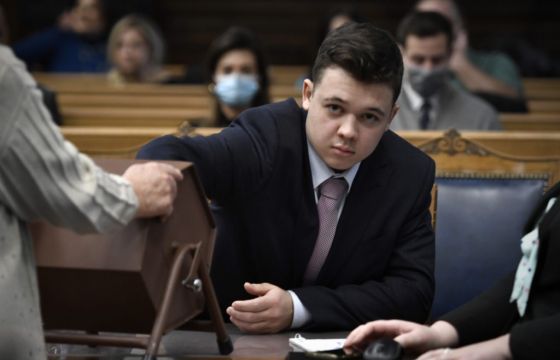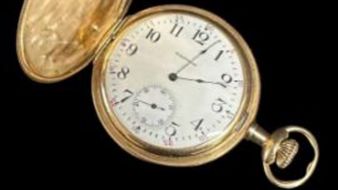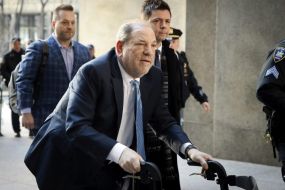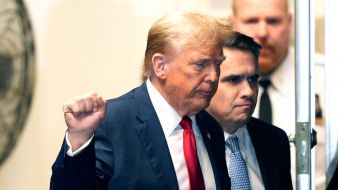The jury at Kyle Rittenhouse’s murder did not reach a verdict in the murder case in its first day of deliberations.
The case hangs on whether Rittenhouse was the instigator in a night of bloodshed in Kenosha, Wisconsin, or a concerned citizen who came under attack while trying to protect property.
It went to the anonymous jury after the judge, in an unusual move, allowed Rittenhouse himself to play a minor role in the selection of the final panel of 12 people whose job was to decide his fate.
Rittenhouse reached into a raffle drum and drew numbered slips that determined which of the 18 jurors who sat through the case would deliberate and which ones would be dismissed as alternates.

That task is usually performed by a court clerk, not the defendant.
Judge Bruce Schroeder said later in the day that he has been having defendants do it for “I’m going to say 20 years, at least”.
The jury will return on Wednesday morning to continue its work.
Rittenhouse, 18, faces life in prison if convicted as charged for using an AR-style semi-automatic rifle to kill two men and wound a third during a night of protests against racial injustice in Kenosha in the summer of 2020.
The defendant testified he acted in self-defence, while prosecutors argued he provoked the violence, and the case has become a flashpoint in the US debate over guns, racial-justice protests, vigilantism and law and order.
Kenoshans are strong, resilient, and have worked hard to heal and rebuild together over the past year. Any efforts to sow division and hinder that healing are unwelcome in Kenosha and Wisconsin. Regardless of the outcome in this case, I urge peace in Kenosha and across our state.
— Governor Tony Evers (@GovEvers) November 16, 2021
Advertisement
Wisconsin Governor Tony Evers, who faced criticism over his response to the Kenosha protests in 2020, urged calm as the jury deliberated.
He announced last week that 500 members of the National Guard would stand ready for duty in Kenosha if needed.
“Regardless of the outcome in this case, I urge peace in Kenosha and across our state,” Mr Evers tweeted.
“I ask all those who choose to assemble and exercise their First Amendment rights in every community to do so safely and peacefully.”
Rittenhouse was 17 when he went Kenosha from his home in Antioch, Illinois, in what he said was an effort to protect property from rioters in the days after a black man, Jacob Blake, was shot by a white Kenosha police officer.
In a fast-moving series of clashes in the streets, Rittenhouse shot and killed Joseph Rosenbaum, 36, and Anthony Huber, 26, and wounded Gaige Grosskreutz, now 28.
During closing arguments on Monday, prosecutor Thomas Binger said that Rittenhouse was a “wannabe soldier” who set the deadly chain of events in motion by bringing a rifle to a protest and pointing it at protesters just before he was chased.
But Rittenhouse’s lawyer Mark Richards countered that Rittenhouse was ambushed by a “crazy person”, saying this was Mr Rosenbaum.







